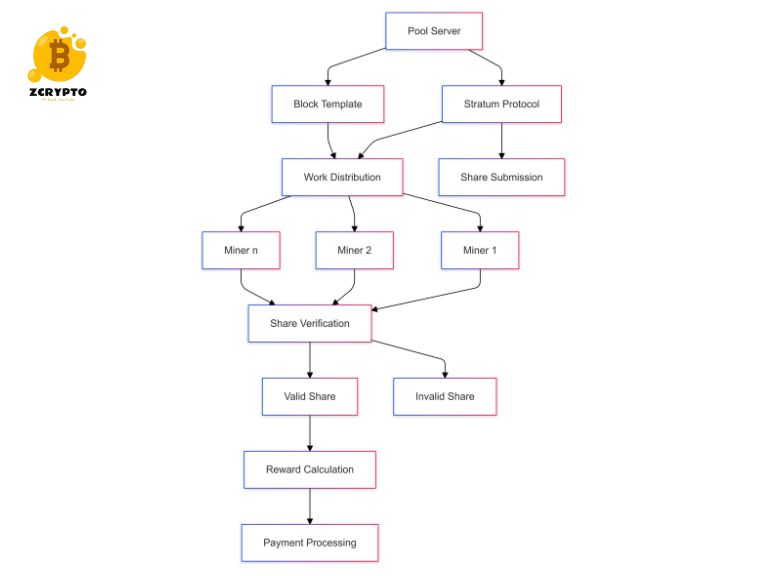What are Export Credit Agencies?
Export Credit Agencies (ECAs) are specialized institutions that provide financial support to domestic companies engaged in international trade. Their primary function is to facilitate exports by reducing the risks associated with selling goods and services abroad.
- Understanding EMI: How Equated Monthly Installments Simplify Your Financial Obligations
- Understanding Due From Accounts: How to Track and Manage Incoming Assets in Your Business
- How Decision Support Systems (DSS) Revolutionize Financial Decision-Making and Investment Strategies
- How to Use a Common Size Income Statement for Powerful Financial Analysis and Competitive Insights
- What is NFT Finance? Market Mechanisms, Infrastructure, and Economic Impact
ECAs can take various forms, including government agencies, quasi-governmental agencies, or even commercial financial institutions. For instance, the Export-Import Bank of the United States (EXIM) is a government agency, while some ECAs in other countries may operate as private entities with government backing.
Bạn đang xem: How Export Credit Agencies Boost International Trade: Loans, Guarantees, and Insurance Explained
Globally, there are numerous ECAs recognized by the Organisation for Economic Co-operation and Development (OECD). These agencies work within a framework that ensures fair competition and adherence to international guidelines, making them a crucial part of the global trade ecosystem.
Types of Financial Support Provided by ECAs
Loans and Loan Guarantees
ECAs offer loans and loan guarantees to support domestic companies in their export endeavors. These financial instruments are designed to help businesses overcome the financial hurdles associated with exporting goods and services. For example, an ECA might provide a loan to a company to cover the costs of producing goods for export or offer a guarantee on a loan from a private bank, thereby reducing the risk for both the lender and the borrower.
These instruments are particularly useful in mitigating risks such as non-payment by foreign buyers or political instability in the buyer’s country. By providing such support, ECAs enable companies to pursue export opportunities that might otherwise be too risky.
Export Credit Insurance
Export credit insurance is another vital tool offered by ECAs. This type of insurance protects exporters against non-payment risks, delays, and other economic uncertainties. For instance, if an exporter sells goods to a foreign buyer but does not receive payment due to insolvency or political instability, export credit insurance can cover these losses.
Xem thêm : Understanding Day Orders: Definition, Duration, Types, and Practical Examples for Investors
This form of insurance is essential for securing trade transactions and giving exporters the confidence to engage in international trade without fear of significant financial losses. It also helps in maintaining cash flow stability for exporters, allowing them to continue their operations smoothly.
Other Financial Support
In addition to loans, loan guarantees, and export credit insurance, ECAs provide other forms of financial support. These include refinancing, interest-rate support, and guarantee cover for credits provided by private financial institutions. Refinancing options help exporters manage their cash flows better by extending repayment periods or reducing interest rates.
Interest-rate support can make exports more competitive by lowering the cost of borrowing for exporters. Guarantee cover for credits from private institutions further reduces the risk for lenders, making it easier for exporters to secure funding.
Impact of ECAs on International Trade
Boosting Exports
The impact of ECA support on exports is significant. A case in point is the shutdown of the Export-Import Bank of the United States (EXIM) from 2015 to 2019. During this period, a 1% reduction in EXIM trade financing led to a 5% reduction in exports in affected industries. This example highlights how critical ECA support is for maintaining export levels.
Effects on Firm Behavior
ECA support also affects firm behavior in several ways. Firms that rely heavily on ECA support tend to reduce their global sales, employment, and investment when such support is withdrawn. This effect is more pronounced for financially constrained firms with high export opportunities.
For instance, during the EXIM shutdown, companies like Boeing faced significant challenges due to reduced access to export financing. This not only impacted their sales but also had ripple effects on their supply chain and employment levels.
Economic and Employment Benefits
Xem thêm : How Economic Shocks Impact Business Investment and Financial Stability
ECAs contribute substantially to the domestic economy and employment by facilitating exports and creating or securing jobs. By providing financial support that mitigates risks associated with exporting, ECAs enable companies to expand their operations globally.
This expansion leads to increased economic activity within the country, including higher production levels, more jobs, and greater economic stability. In essence, ECAs act as catalysts for economic growth by fostering an environment conducive to international trade.
Case Studies and Examples
The Etihad Credit Insurance (ECI) in the UAE is a compelling example of how ECAs can enhance the competitiveness of national exports. Since its inception, ECI has facilitated AED 14 billion in non-oil trade and investments, significantly boosting UAE’s export sector.
Another notable case is the impact of EXIM’s shutdown on Boeing and other aircraft manufacturers. The lack of export financing during this period led to lost sales and reduced production levels, underscoring the critical role ECAs play in supporting key industries.
Policy Implications and Recommendations
The policy implications of ECA support are multifaceted. For countries with relatively young ECAs, establishing full guarantees and efficient legal setups is crucial. Comprehensive government support ensures that these agencies can operate effectively within international guidelines.
Full faith and credit guarantees from governments add credibility to ECAs, making their financial instruments more attractive to both lenders and borrowers. Efficient legal setups help in resolving disputes quickly and ensuring smooth operations.
Nguồn: https://earnestmoney.skin
Danh mục: Blog


















